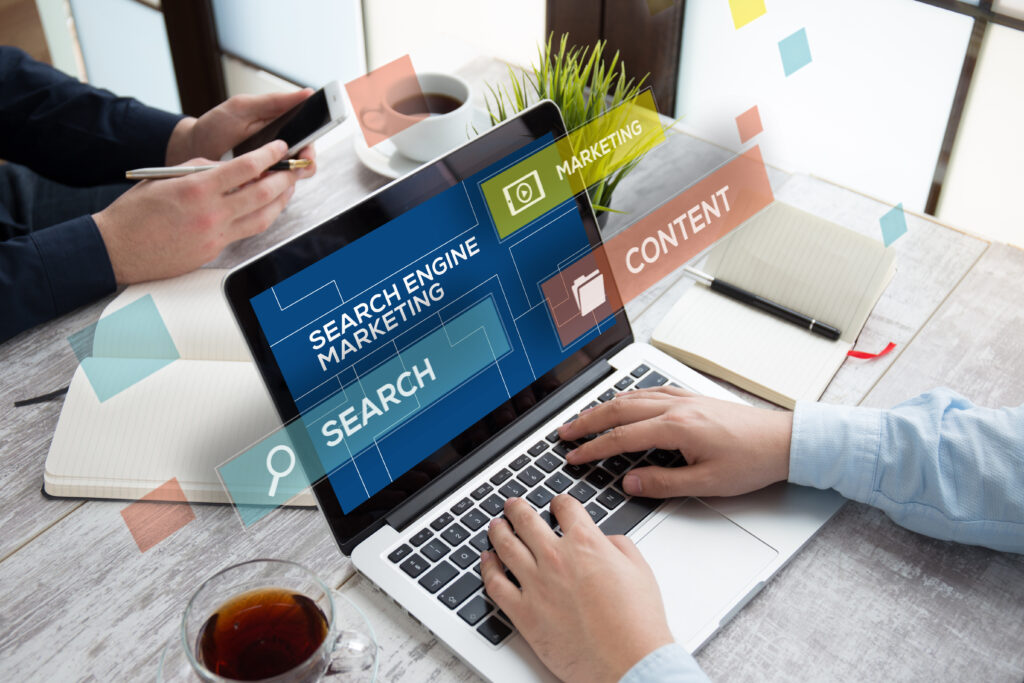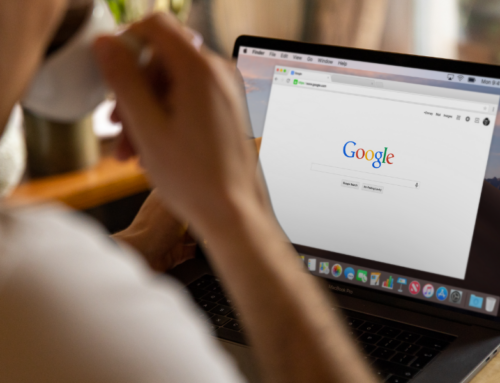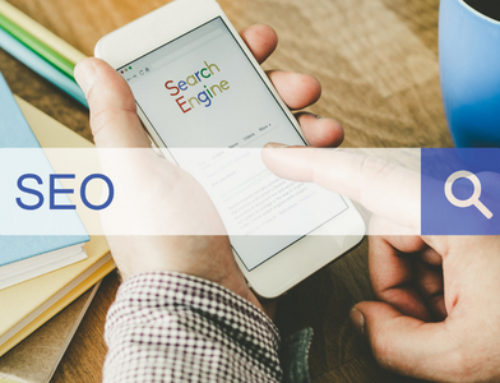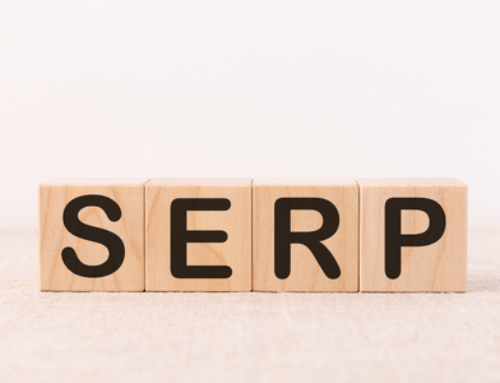Written by Naomi Greenwood, Marketing Manager

Whilst the number of websites listed on Google increases every second, there are well over 1 billion websites online, and although only 17% of these websites are active, this still leaves over 200 million websites fighting for visibility.
With such a vast amount of competition, it’s so important that your website is easily accessible to your desired audience. As two of the most used marketing tactics to increase brand awareness and visibility, SEO and PPC are often the backbone of any strategy. But, which one works better and will ultimately help you achieve your business goals?
What’s the difference between SEO and PPC?
The fundamental difference between SEO and PPC is that SEO embraces a more organic approach, whereby trust and brand awareness is built gradually, increasing over time. On the other hand, PPC ultimately allows you to buy your positioning on Google, reaching your target audience without having to work to cultivate your rankings and visibility.
From this brief differentiation, initially it may seem that PPC is the easiest and quickest option to achieve the best results, however, this isn’t always the case.
Whilst there are pros and cons for both tactics, as an organic only marketing agency, LS Media and Marketing recommends the SEO approach to ensure consistent success for your business.
Regardless of our stance, let us take you through the pros and cons for both SEO and PPC, so you can make an informed decision based on your business goals, timescale and marketing budget.
SEO pros and cons
Having a solid SEO strategy allows you to build brand visibility in search engines via the use of target keywords. With hard work and consistency, you can rank above competitors in Google, appearing as your target audience’s top choice.
Whilst this takes time and the use of a carefully crafted content strategy to ensure your website is kept up to date with optimised content, the process and results are real and extremely effective.
Appearing high in Google following search queries, your organisation will become a trusted source and authoritative voice within your sector or given topic.
However, with an average of 8.5 billion searches a day on Google, everyone else in your sector will also be competing for the rankings, which is why it’s essential to remain consistent with SEO.
Even if you tend to find the majority of your business comes through referrals, where is the first place a new business is going to search for you? Google!
Whether you’re gaining enquiries via a result of search engine queries, or your prospects are setting time aside to research what you’re all about, having your website rank organically in the top search engine results will only positively influence your audience as it gives your brand credibility.
As an organic method, there are no additional costs that are associated with SEO other than the cost of the time you’re investing in your strategy and content.
The main risk you take is that the PPC adverts may hold your targeted audience’s interest as they appear above the SERPs (Search Engine Results), since they’ve paid to be there.
PPC pros and cons
A PPC campaign can be created within a matter of days and guarantees instant visibility via an automatic high position on a SERP. With typically four adverts on desktop and three on mobile, a user will always see the paid search adverts before the organic search results, even if they choose to scroll past them.
With the promise of speed and immediate visibility, PPC is certainly an attractive option. However, we believe (and as research shows) that many people bypass the PPC adverts and go straight to the organic search results, as trusted by Google.
PPC allows you the ability to have far more granular control over who you’re delivering your marketing messages to and which way. Whether you’re targeting someone based on their marital status, age, location or money, there are numerous targeting options for creating specific adverts.
With PPC, Google provides the option of visual shopping adverts that enables users to see a preview of a product or service. This kind of advert can really improve the click-through rate by offering a visual feature that isn’t available in organic search.
A/B testing is also available for PPC adverts, allowing you to test landing pages and even call-to-action buttons to determine where the very best results lie.
PPC works by charging you for every click your advert receives, meaning you can rack up a hefty bill if used as a stand-alone strategy month on month, and quite often the ROI doesn’t make the cost of the adverts worthwhile.
You have to ask yourself what is more important for your business? Slow but stable results, or instant brand visibility that can disappear as quick as it appeared.
Who wins in SEO vs PPC?
A somewhat simple question with a complex answer.
To decipher which strategy is best suited for your business, you need to ask yourself a number of questions, such as:
What are your goals?
Do you need visibility right now?
Do you want to build a credible reputation?
Do you want to rank well for multiple keywords?
What are your competitors doing?
Where do they rank in Google?
What’s your campaign budget?
Answering questions like these will help you clarify which tactic is best suited to you and your business goals, allowing you to make an informed decision.
Who knows, it may be the case that you actually need an approach or strategy that incorporates both SEO and PPC! At the end of the day, it’s whatever works best for your business and sector.
As a Hampshire based marketing agency that takes a fully organic approach to marketing, LS Media and Marketing can help establish and increase your Google rankings via a solid SEO strategy.
If you’re still unsure which tactic is best suited to your organisational goals, please contact us and we’d be more than happy to discuss this with you.








